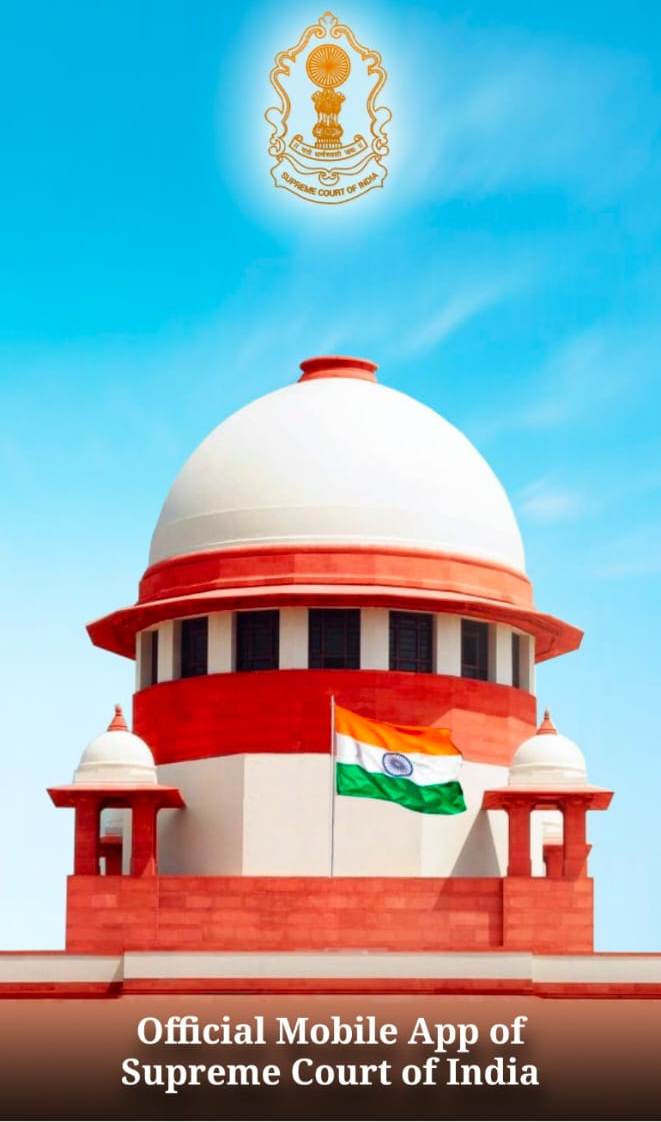The Supreme Court has said that long incarceration without conclusion of trial is against the Right to Liberty.
The court said that an accused cannot be made to remain behind bars for an indefinite period under the Narcotics Drugs and Psychotropic Substances (NDPS) Act just because the law requires a court’s satisfaction that the person is not guilty.
A bench comprising of Justice Surya Kant and Justice Dipankar Datta said that liberty of an individual will take precedence over the statutory embargo under the NDPS Act.
The bench in its order last week said that prolonged incarceration generally militates against the most precious fundamental right guaranteed under Article 21 of the Constitution and in such a situation, the conditional liberty must override the statutory embargo created under section 37(1)(b)(ii) of the NDPS Act.
Article 21 of the Constitution gives all individuals the fundamental right to life and personal liberty.
Through a catena of Supreme Court judgments, the right to speedy trial has been acknowledged as an extension of Article 21.
In a reversal of the ordinary legal principle that underlines the presumption of innocence in favour of the accused, the NDPS Act ascribes culpability on the accused for the alleged offence under section 35 and puts the onus on him or her to rebut the legal presumption during the trial.
Further, section 37 of the Act states that no accused shall be released on bail unless the prosecutor is given an opportunity to oppose such a plea and the court is also satisfied that there are grounds to believe that the accused is not guilty of the alleged offence.
The Supreme Court, through a range of judgments, has upheld the stringent conditions laid down under section 35 and 37 while clarifying that investigating officers must comply with all the procedural requirements under the Act.
the present case, the top court was considering the bail plea of a man, jailed in Odisha under charges of possessing commercial quantities of narcotics. He faced a minimum of 10 years in jail.
While the Orissa high court declined to release him on bail citing the stringent provisions under the NDPS Act, the Supreme Court bench said the personal liberty of a person must outweigh the legal bar against the grant of bail when the conclusion of trial looks a distant proposition.
It noted that the man has already spent three-and-half years behind bars whereas the trial court has so far recorded the statement of just one of the 19 witnesses in the case.
“The conclusion of trial will, thus, take some more time. As regards the twin conditions contained in section 37 of the NDPS Act, learned counsel for the State has been duly heard. Thus, the first condition stands complied with. So far as the second condition – Re: formation of opinion as to whether there are reasonable grounds to believe that the petitioner is not guilty, the same may not be formed at this stage when he has already spent more than three-and-half-years in custody,” the court recorded in its order.


